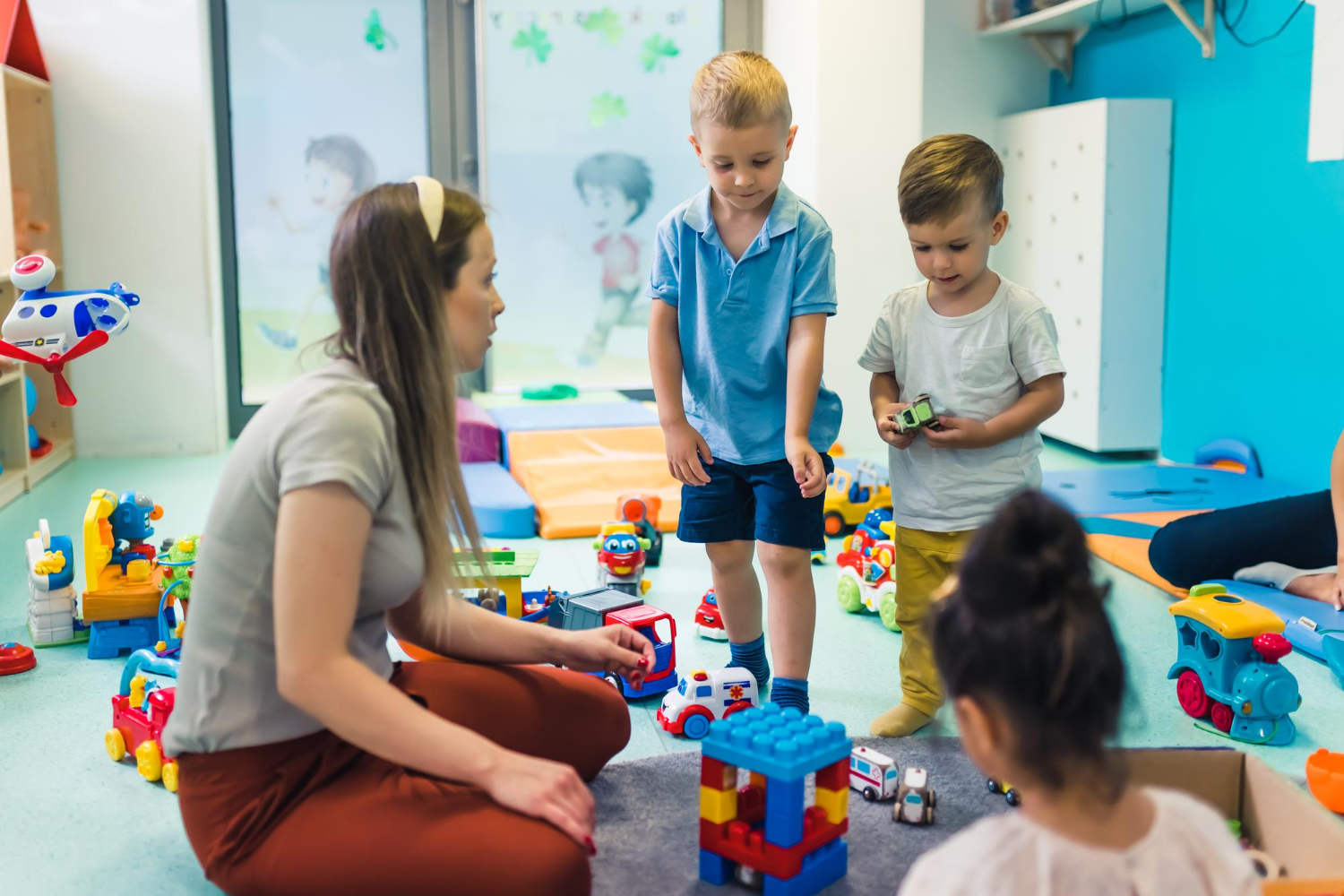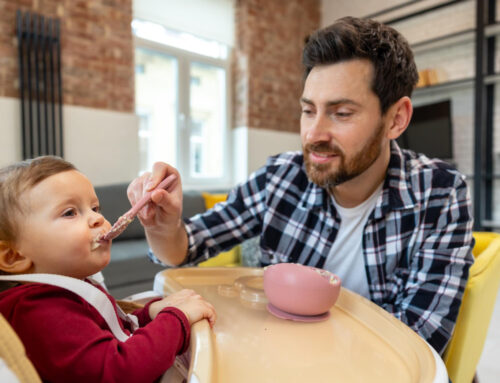Occupational therapy (OT) can be a transformative experience for children who face challenges with their physical, sensory, or cognitive skills. It’s designed to help them gain independence and improve their ability to perform daily activities.
However, starting OT can be a big step for both the child and their family. Preparing your child for occupational therapy can lead to a smoother transition and a more fruitful experience.
Understanding Occupational Therapy

Before we discuss the tips, it’s essential to understand occupational therapy and how it can benefit your child.
OT focuses on helping your child develop the skills they need for everyday life, such as dressing, eating, playing, and learning. Therapists use activities that are meaningful to the child to address their specific needs.
Here are ten tips to help you get started:
1. Educate Yourself
Knowledge is power. Take the time to research and understand what occupational therapy entails. Familiarize yourself with the common terms, techniques, and tools used in OT. This will not only help you feel more confident but also enable you to explain the process to your child effectively.
2. Explain the Process to Your Child
Children tend to feel anxious about new experiences, especially when they don’t know what to expect. Explain to your child what occupational therapy is in simple, reassuring terms.
Use age-appropriate language and focus on the positive aspects, such as how OT can help them play better, learn new skills, and have more fun.
Example Explanation:
Occupational therapy is like a fun class where you play games and do activities that help you become stronger and better at things like dressing yourself, eating, and playing with friends.
3. Visit the Therapy Center
Visit the therapy center before your child’s first session. Familiarizing your kid with the environment can reduce anxiety. Show them the waiting area, therapy rooms, and any equipment they might use. Meeting the therapist beforehand can also help build trust and comfort.
4. Create a Routine
Children thrive on routine. Establish a schedule that includes OT sessions, and stick to it as much as possible. Consistency is what helps children feel secure and understand that therapy is a regular part of their week. Mark it on a calendar and count the days together to build anticipation and excitement.
5. Pack a Comfort Item
Allow your children to bring their favorite toy, blanket, or stuffed animal to their OT sessions. A comfort item can provide emotional support and make them feel more at ease in a new environment. Ensure the therapist knows this item so they can incorporate it into the session if appropriate.
6. Practice Patience and Positivity
Your attitude towards therapy will significantly influence your child’s perception. Stay positive and patient, especially during the initial sessions. Celebrate small achievements and progress, no matter how minor they may seem. Your encouragement and support will motivate your child to keep trying.
7. Communicate with the Therapist
Open communication with your child’s therapist is crucial for a successful OT experience. Share any concerns, observations, or questions you may have. Provide insights into your child’s preferences, strengths, and areas of difficulty. With this information, the therapist can tailor the sessions better to meet your child’s needs.
8. Reinforce Skills at Home
Occupational therapy doesn’t end when the session is over. Reinforce the skills learned in therapy at home through playful activities and daily routines. Ask the therapist for home exercises or activities to incorporate into your child’s day. Consistent practice will help solidify new skills and promote progress.
Examples of Home Activities:
- Fine Motor Skills: Encourage your children to play with building blocks, puzzles, or coloring books.
- Gross Motor Skills: Engage in jumping, climbing, or dancing activities.
- Self-Care Skills: Involve your child in dressing themselves, brushing their teeth, or preparing simple snacks.
9. Stay Informed and Involved
Attend sessions and participate in parent-therapist meetings to stay engaged in your child’s OT journey. The more involved you are, the better you can support your child’s progress. Read books, attend workshops, or join parent support groups to stay informed and updated about the latest developments in occupational therapy.
10. Celebrate Successes
Celebrate your child’s achievements, both big and small. Recognizing their efforts and progress will boost their confidence and motivation. Create a visual chart or a reward system to track milestones and celebrate together as a family.
Example Celebrations:
- Verbal Praise: Use phrases like “Great job putting on your shoes all by yourself!”
- Stickers and Charts: Use a reward chart with stickers to track progress and reward efforts.
- Special Outings: Plan a fun outing or activity as a reward for reaching a significant milestone.
It’s Time to Prepare Your Child for Occupational Therapy with Theracare

Preparing your child for occupational therapy can significantly impact their experience and outcomes. Following these tips can help your child feel more comfortable and confident as they begin their occupational therapy journey.
You can build a supportive environment that fosters growth and development by educating yourself, explaining the process to your child, and maintaining open communication with the therapist.
Remember, every child is different and unique in their own way, and progress may vary. Patience, positivity, and persistence are key. Your involvement and encouragement will play a crucial role in helping your child achieve their fullest potential.
If you need personalized guidance or support, consider booking a consultation with Theracare Pediatric Services. We are here to help your child thrive and succeed in their OT journey.






